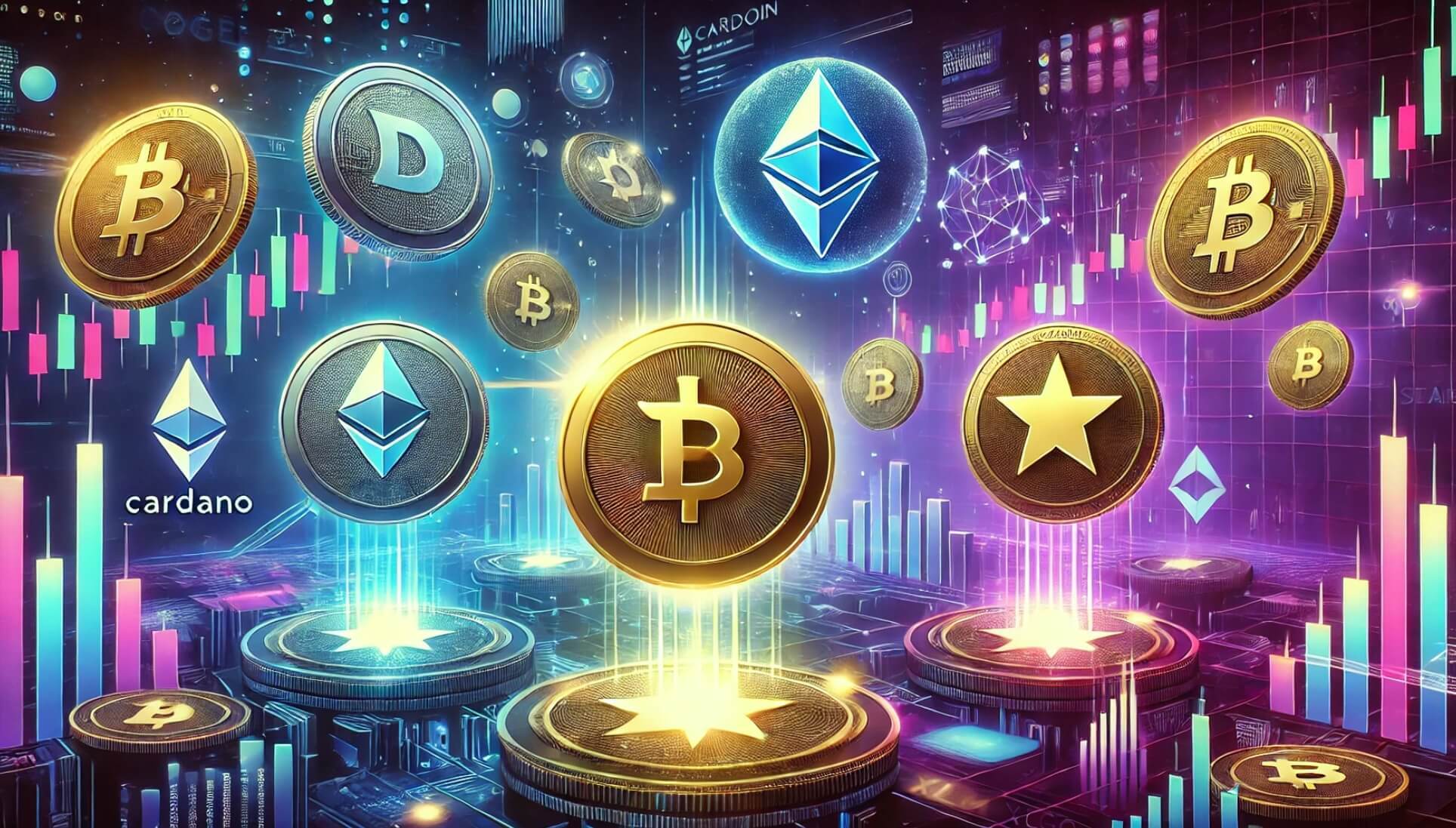Ethereum Gaming Company Revolutionizing The Gaming Industry
Kicking off with ethereum gaming company, this exciting sector blends blockchain technology with gaming to create unmatched experiences. Ethereum gaming is not just a trend; it represents a significant shift in how games are developed, played, and monetized, making it a focal point in the modern gaming landscape.
As players seek more immersive and rewarding experiences, Ethereum gaming companies stand out by offering decentralized platforms that prioritize player ownership and community involvement. By leveraging blockchain technology, these companies are creating games that not only entertain but also empower players through unique economic models and innovative gameplay features.
Overview of Ethereum Gaming Companies
Ethereum gaming represents a significant evolution in the gaming industry, intertwining blockchain technology with traditional gaming dynamics. The rise of Ethereum gaming companies marks a shift toward decentralized gaming platforms where ownership, transparency, and player agency are paramount. This novel approach offers players not just entertainment, but also a stake in the games they play through true ownership of in-game assets.Key features that set Ethereum gaming companies apart from traditional gaming companies include decentralization, transparency, and player-driven economies.
With blockchain technology at its core, players can truly own their in-game items as non-fungible tokens (NFTs), enabling them to trade or sell these assets outside the confines of the game. Additionally, the use of smart contracts ensures secure and automated transactions, enhancing the overall gaming experience.
Major Players in Ethereum Gaming
The Ethereum gaming sector is populated by several innovative companies pushing the boundaries of what gaming can be. Notable players include:
- Axie Infinity: A pioneer in the blockchain gaming realm, Axie Infinity allows players to breed, battle, and trade fantasy creatures known as Axies.
- Decentraland: This virtual reality platform empowers users to create, explore, and trade in a 3D world, all while owning virtual real estate as NFTs.
- The Sandbox: A user-generated content platform that allows players to create, own, and monetize their gaming experiences using the platform’s native SAND token.
These companies offer unique gaming platforms and features, enhancing user engagement and providing new monetization avenues. Collaborations and partnerships within this ecosystem, such as joint ventures between game developers and NFT marketplaces, strengthen the overall landscape of Ethereum gaming.
Economic Model of Ethereum Gaming
Ethereum gaming companies adopt various monetization strategies that leverage blockchain technology. They typically generate revenue through the sale of in-game assets, transaction fees, and premium content. Tokens and cryptocurrencies play a significant role in the economy of these games, providing players with a means to earn, trade, and invest.
| Company | Monetization Strategy | Token Use |
|---|---|---|
| Axie Infinity | Transaction fees, in-game asset sales | AXS and SLP tokens for breeding and battling |
| Decentraland | Land sales, marketplace fees | MANA token for buying and trading land |
| The Sandbox | Asset sales, transaction fees | SAND token for transactions within the platform |
User Experience in Ethereum Gaming

User interface and experience design are crucial in Ethereum gaming, as they must accommodate both gamers and cryptocurrency users. A seamless onboarding experience is essential for new players, particularly those unfamiliar with blockchain technology. Community engagement plays a vital role in player retention; active communities can foster loyalty and enhance the gaming experience through shared resources and support.Players transitioning to Ethereum gaming platforms may face unique challenges such as understanding blockchain wallets, gas fees for transactions, and navigating the complexities of asset ownership.
Addressing these challenges is key to ensuring a smooth user experience.
Innovations and Future Trends
Emerging technologies such as augmented reality (AR) and artificial intelligence (AI) are beginning to influence Ethereum gaming companies, paving the way for more immersive and interactive experiences. Future trends in the gaming industry may include greater integration of NFTs into mainstream gaming, allowing players to carry their assets across different platforms.Innovative features such as cross-platform functionality and enhanced security measures could significantly enhance gameplay and user interaction within Ethereum games, making them more accessible and enjoyable for a broader audience.
Legal and Regulatory Considerations
The legal landscape surrounding Ethereum gaming companies is complex and evolving. Developers and players must navigate various regulations, particularly concerning asset ownership, taxation, and consumer protection. Compliance with local laws is crucial, as failure to do so can lead to legal challenges.Examples of legal issues faced by Ethereum gaming companies include disputes over intellectual property rights related to NFTs and challenges in ensuring compliance with anti-money laundering regulations.
These challenges underline the importance of a robust legal framework as the industry continues to grow.
Community and Ecosystem Development
The role of community in the growth of Ethereum gaming companies cannot be overstated. A strong community helps to foster innovation, support game development, and drive user engagement. Various initiatives and platforms are dedicated to supporting developers and gamers within the Ethereum ecosystem.
- GameFi: A platform that combines gaming and DeFi, offering resources for developers and players.
- Ethereum Gaming Conferences: Events that bring together developers, players, and enthusiasts to discuss trends and innovations in the space.
- Developer Grants: Programs that provide funding and resources to emerging Ethereum game developers.
Notable community events include Ethereum Game Jam and various hackathons that encourage collaboration and showcase new ideas in this dynamic sector.
Closing Summary

In conclusion, the emergence of ethereum gaming companies marks a transformative era for gamers and developers alike. As the industry evolves, these companies are paving the way for a more interactive and player-centric gaming experience, illustrating the vast potential of integrating blockchain into entertainment. Looking ahead, it will be intriguing to see how these platforms continue to innovate and shape the future of gaming.
Essential FAQs
What is an Ethereum gaming company?
An Ethereum gaming company is a business that develops games utilizing Ethereum blockchain technology, allowing for decentralized gameplay and token-based economies.
How do Ethereum gaming companies make money?
They typically monetize their platforms through in-game purchases, token sales, and transaction fees associated with blockchain operations.
What challenges do players face in Ethereum gaming?
Players may encounter high transaction fees, a steep learning curve for using cryptocurrencies, and potential security concerns regarding their digital assets.
Are Ethereum games more secure than traditional games?
While Ethereum games can offer additional security through decentralization, vulnerabilities still exist, particularly related to smart contracts and user wallets.
How does community engagement affect Ethereum gaming?
Strong community engagement fosters player retention, encourages feedback for development, and creates a collaborative environment that enhances the overall gaming experience.




